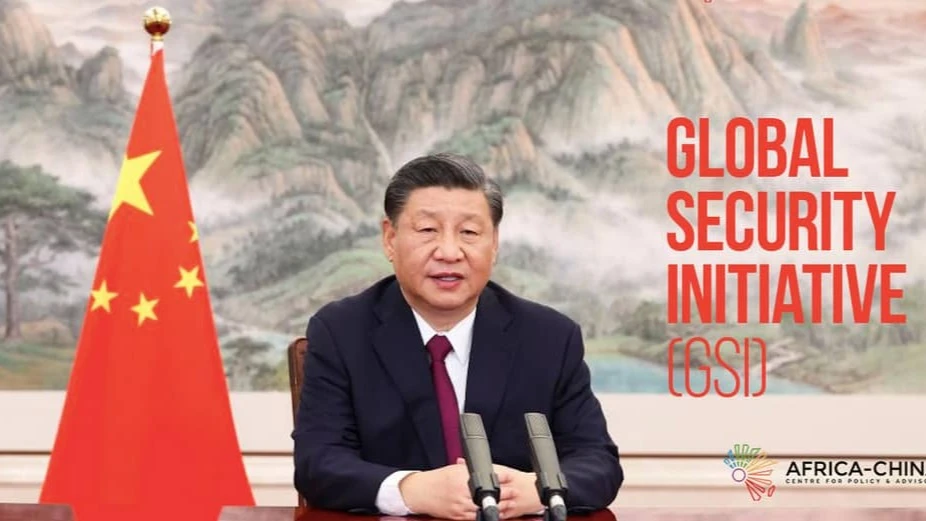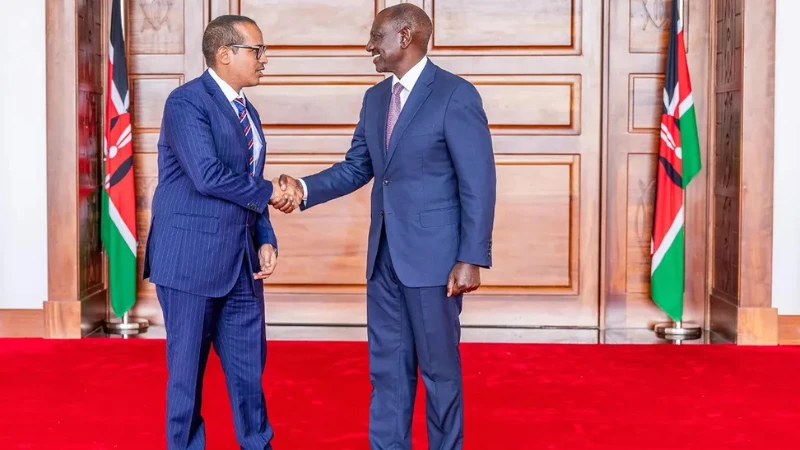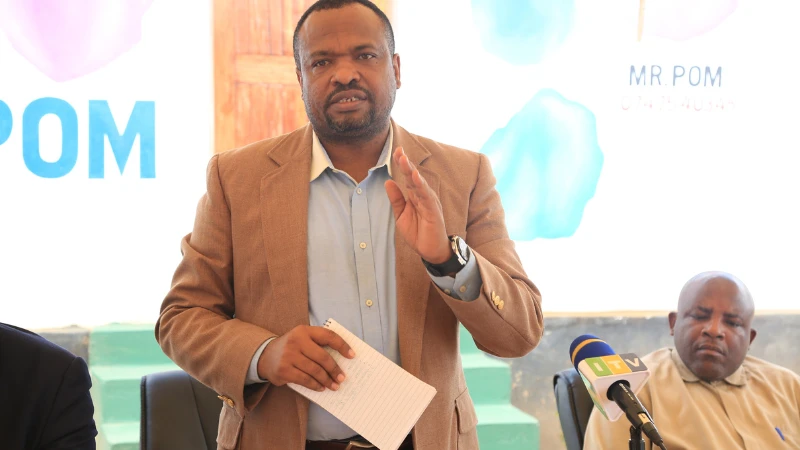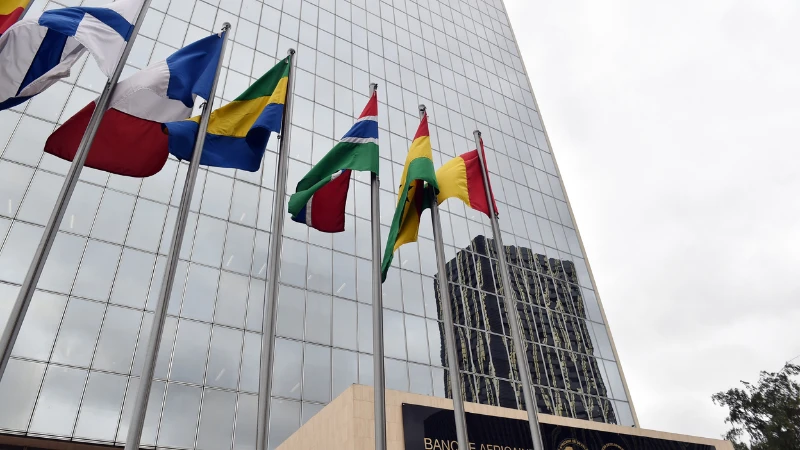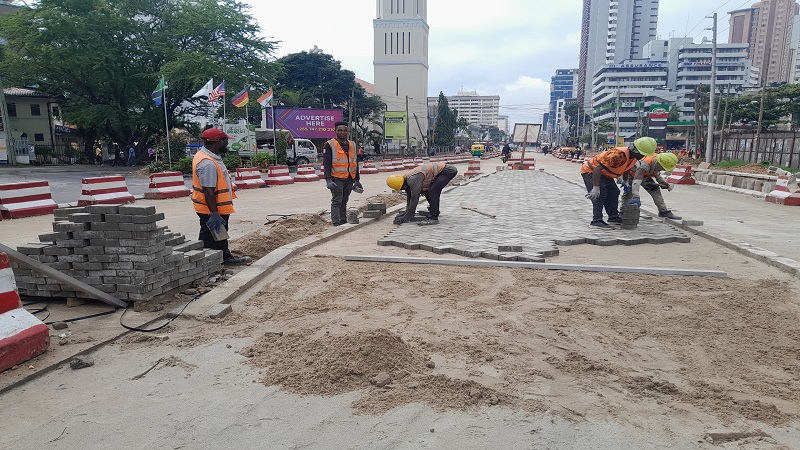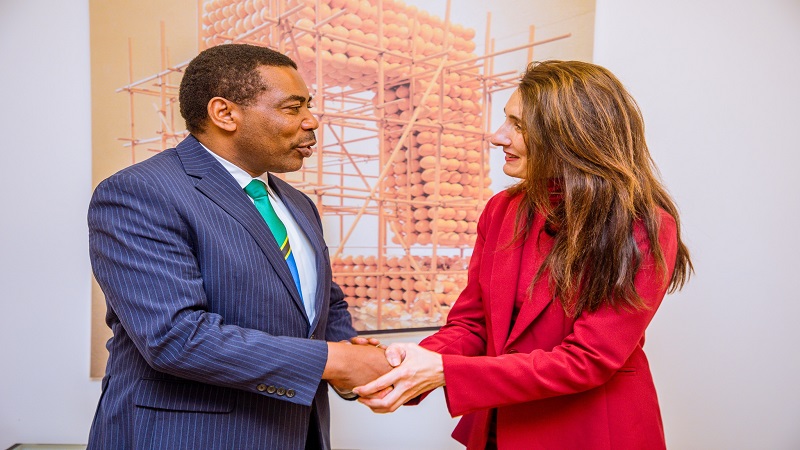Minister states projects implemented in Zanzibar through union initiatives
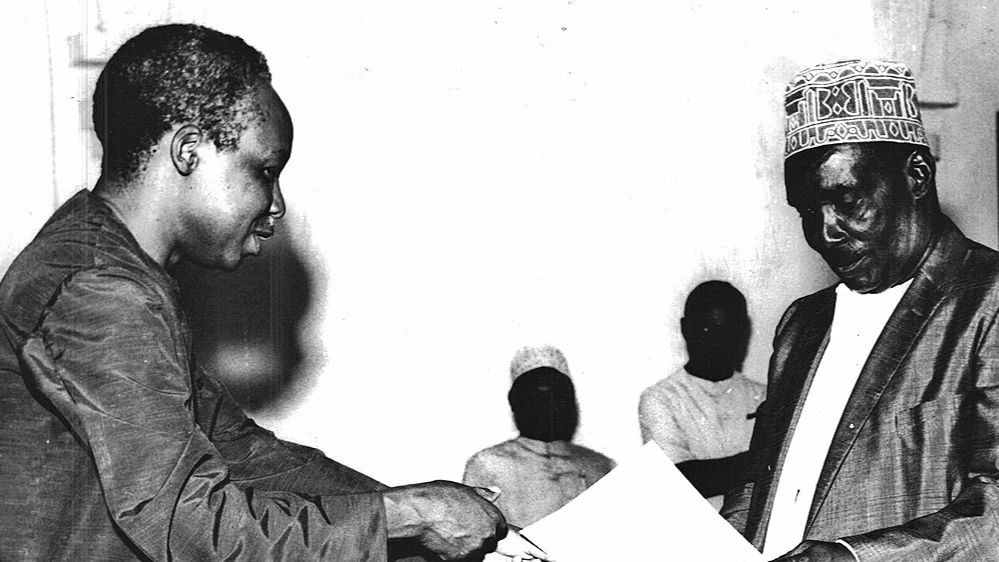
DEPUTY Minister in the Vice President’s Office (Union and Environment), Khamis Hamza Khamis, has outline various development projects implemented in Zanzibar with funds provided by development partners through union government.
Khamis made the remarks in the National Assembly in Dodoma yesterday while responding to a question from Bakar Hamad Bakar, who inquired about the extent to which Zanzibar has benefited from development partner funds channeled through union government over the past five years.
In his response, Khamis explained that Zanzibar government in collaboration with union government has implemented a range of development projects using such funds.
He cited key projects such as the construction of the Abeid Amani Karume Airport in Pemba, the Tunguu–Makunduchi Road, the Chake Chake–Wete Road via Binti Abeid, and the construction of schools, hospitals and markets.
“These projects have not only improved infrastructure in Zanzibar but also boosted the economy and created employment opportunities for citizens from both sides,” he said.
Khamis noted that the Loans, Guarantees and Grants Act (Cap 134) provides a clear framework on how Zanzibar should benefit from loans, guarantees, and grants facilitated by the union government.
In a supplementary question, Bakar commended the government’s efforts to increase funding access but called for a review and improvement of the existing allocation framework to ensure a more equitable distribution of development partner funds.
Responding, Khamis emphasized that the current allocation model is established by law, whereby Zanzibar receives 4.5 percent and Mainland Tanzania receives 95.5 percent of development partner funds.
“To ensure the continued strength of the union, both governments have been holding joint meetings—and the engagements are ongoing—to explore ways of improving cooperation and addressing concerns raised,” he said.
Top Headlines
© 2025 IPPMEDIA.COM. ALL RIGHTS RESERVED










